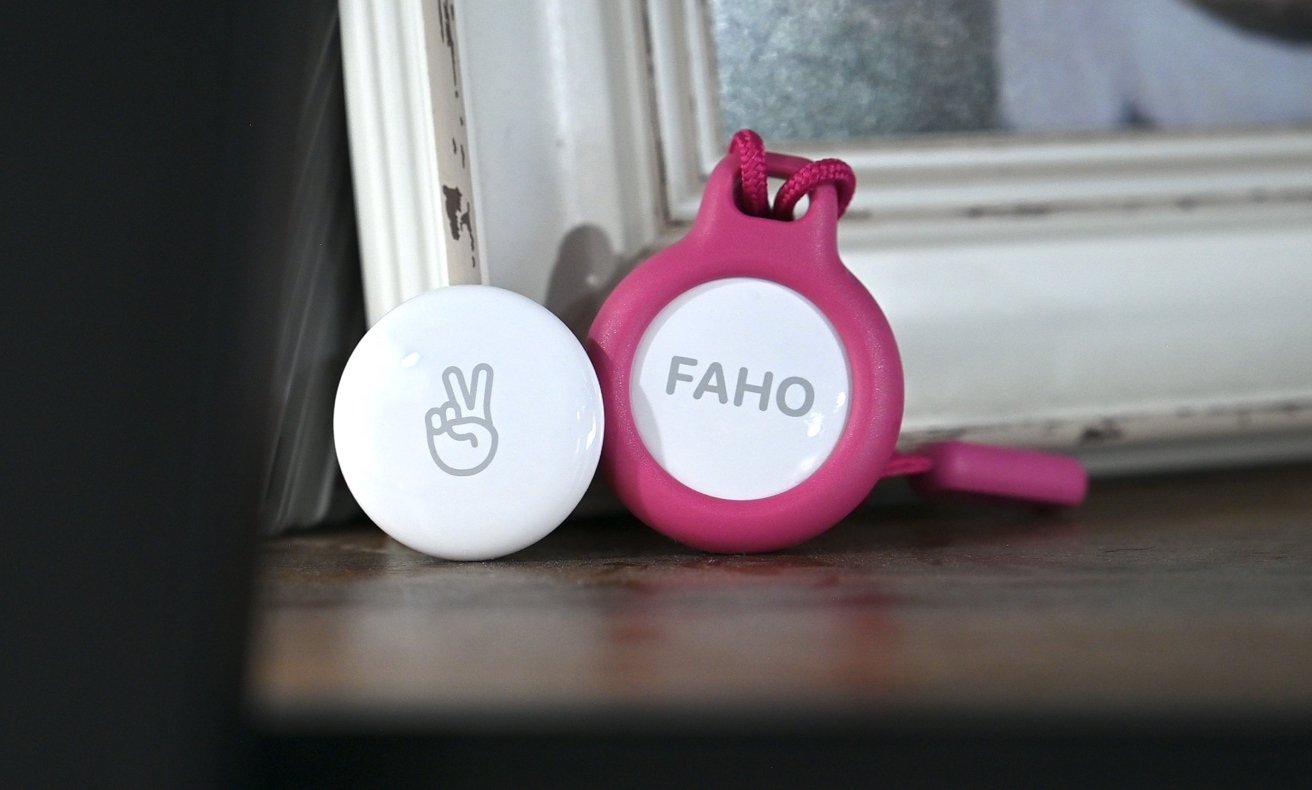Apple applied list of terms censored in China to Taiwan & Hong Kong
Apple has reportedly exported a list of censored words and terms meant for engraving requests in mainland China to regions like Hong Kong and Taiwan, according to a new investigation.

Credit: Andrew O'Hara, AppleInsider
The investigation, published by Citizen Lab Wednesday, focused on a word list meant to stop specific terms from being engraved on Apple products. There are 1,105 censored keywords, but Citizen Lab believes that they are applied "inconsistently" across six regions.
Most of the censored words apply to mainland China, since Beijing places the burden of censorship on private companies. In China, Apple censors almost as many political terms as its does explicit sexual content or vulgarity -- the type censored across most other regions.
In China, about 43% of all censored keywords -- about 458 -- refer to the country's political system, the ruling Communist Party, senior Party or government officials, and dissidents. According to Citizen Lab, 174 of those keywords apply in Hong Kong, and 29 apply in Taiwan.
For example, a traditional Chinese phrase that translates to "freedom of the press" is censored both in mainland China and Hong Kong.
Citizen Lab claims that Apple's public censorship documents fail to "explain how it determines the keyword lists." The nonprofit suggests that Apple "may have exceeded" legal censorship obligations in mainland China and in Hong Kong, where censorship is not required by local laws or regulations.
According to the organization, Apple appears to have "thoughtlessly reappropriated" some censored keywords from Chinese sources.
In a letter to Citizen Lab, Apple privacy chief Jane Horvath said that the Cupertino tech giant doesn't allow engraving requests that "would be considered illegal according to local laws, rules, and regulations of the countries and regions."
Horvath added that Apple handles engravings in each region separately. She said there's no global list of contains a single set of words, phrases, or terms. Instead, she said the decisions are made "through a review process where our teams assess local laws as well as their assessment of cultural sensitivities."
Read on AppleInsider

Credit: Andrew O'Hara, AppleInsider
The investigation, published by Citizen Lab Wednesday, focused on a word list meant to stop specific terms from being engraved on Apple products. There are 1,105 censored keywords, but Citizen Lab believes that they are applied "inconsistently" across six regions.
Most of the censored words apply to mainland China, since Beijing places the burden of censorship on private companies. In China, Apple censors almost as many political terms as its does explicit sexual content or vulgarity -- the type censored across most other regions.
In China, about 43% of all censored keywords -- about 458 -- refer to the country's political system, the ruling Communist Party, senior Party or government officials, and dissidents. According to Citizen Lab, 174 of those keywords apply in Hong Kong, and 29 apply in Taiwan.
For example, a traditional Chinese phrase that translates to "freedom of the press" is censored both in mainland China and Hong Kong.
Citizen Lab claims that Apple's public censorship documents fail to "explain how it determines the keyword lists." The nonprofit suggests that Apple "may have exceeded" legal censorship obligations in mainland China and in Hong Kong, where censorship is not required by local laws or regulations.
According to the organization, Apple appears to have "thoughtlessly reappropriated" some censored keywords from Chinese sources.
In a letter to Citizen Lab, Apple privacy chief Jane Horvath said that the Cupertino tech giant doesn't allow engraving requests that "would be considered illegal according to local laws, rules, and regulations of the countries and regions."
Horvath added that Apple handles engravings in each region separately. She said there's no global list of contains a single set of words, phrases, or terms. Instead, she said the decisions are made "through a review process where our teams assess local laws as well as their assessment of cultural sensitivities."
Read on AppleInsider

Comments
Nor likely happening given Apple‘s lobbying power.
Otherwise: nothing will stop „Apple complying with local laws“ as long as the market means billions in sales.
What would be more interesting is how Apple might adapt iOS to limit the potential damage a back door might cause to privacy. Offloading the data storage of sensitive PII to certain trusted third parties might be one answer. Apple could then claim that they are complying with the law but that their hands are tied when it comes to third parties, which might be offshore and not subject to US law.
What would be unconstitutional is if a law were passed that required Apple to engrave certain messages.
United States the country and government mandates what happens in the United States, They will be offended by certain things, full stop.
Those from one place feeling outrage because those in the other places don't do it like your place need to stop substituting feelings and what they see on TV for actual thought, full stop.
Those who think other countries do bad things and believe bad things, but mine doesn't do any of that need to take their heads out of the clouds and read a book, full stop.
People that think a company should only sell products in places that are like the place you live in lack an ability to see outside their confirmation bias, extra full stop.
Apple "fan" sites are becoming less and less Apple tech talk and more like the supermarket checkout aisle magazines. Can't wait for the eventual headline -- Report: Tim Cook Impregnates Alien so iOS Can Conquer The Galaxy
Unfortunately, Apple catering to the Chinese market has caused a lot of "bugs" in recent years. including mixing up the code bases for which countries and cities are blocked from seeing the Taiwan's Flag 🇹🇼.